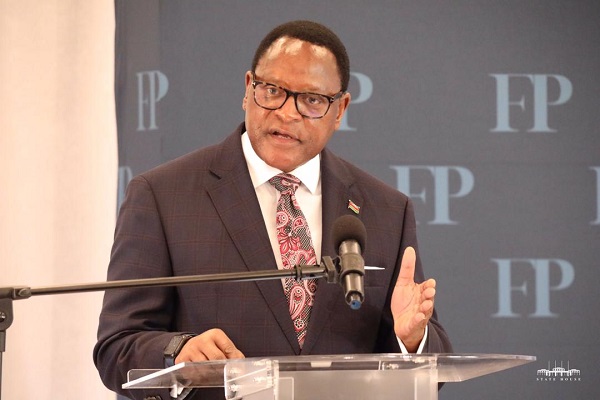In a groundbreaking move since 2017, the World Bank is injecting vital budget support to catapult Malawi towards fiscal sustainability and transparency. This strategic infusion aims to fuel private sector-driven growth and fortify the nation against unforeseen shocks.
The bold endorsement of the Lazarus Chakwera-led administration by the World Bank underscores a newfound confidence in Malawi’s commitment to tackling economic imbalances, crushing debt, and persistent hurdles hindering private sector advancement. Brace for a transformation as Malawi charts a course for resilience and prosperity!”
“The World Bank applauds Malawi’s authorities for taking tough but necessary decision to stabilize acute macroeconomic crisis. I am pleased the bank is now able to respond with a sustainable budget support operation that supports an ongoing program of reforms. Together we must ensure this marks a turning point in the country’s economic fortunes,” reads the press release in part, quoting World Bank’s Country Director for Malawi, Zambia, Zimbabwe and Tanzania, Nathan Belete.
The World Bank Board of Executive Directors approved the Malawi First and Growth Resilience Development Policy Operation and with Catastrophic Differed Drawdown Option (CAT-DDO), a $137 million package which consists of an immediate release of $80 million to support reforms and recovery and a $57 million CAT-DDO that can be triggered in the event of a crisis.
Minister of Finance Simplex Chithyola Banda says the budgetary support is a significant milestone in Malawi’s ongoing reform journey, and it shows increased confidence that the World Wank has in the country’s ongoing efforts to reform the economy and become a self-reliant, industrialized upper-middle income economy.
Key measures that have unlocked the budgetary support include measures to strengthen the legal framework for public finance management and private partnerships, increased public procurement transparency and reforms to modernize Affordable Inputs Program (AIP).













